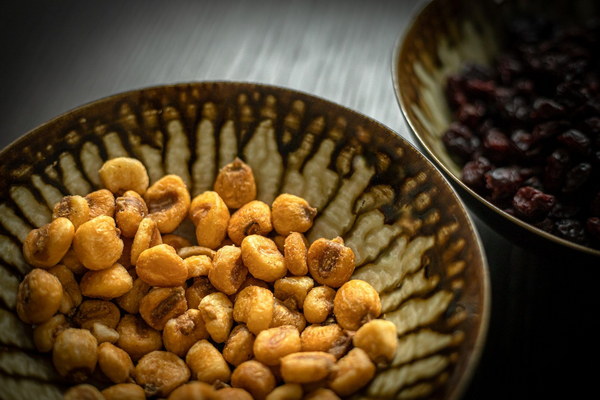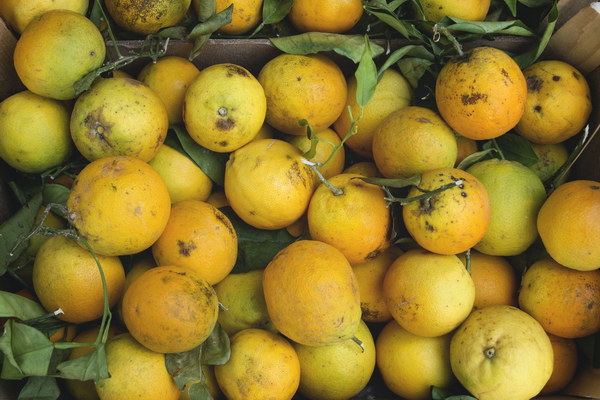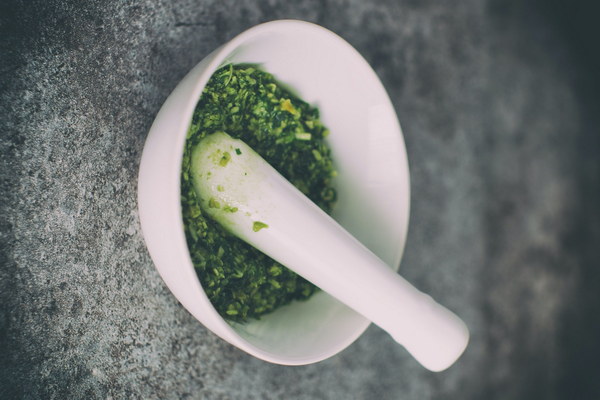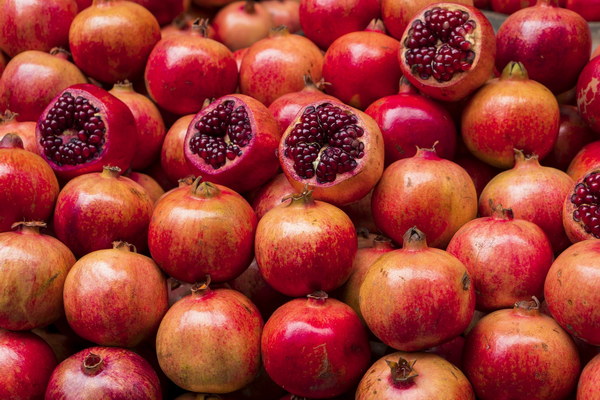Does Fritillaria Bulb Really Clear, Nourish, and Purify the Lungs
Introduction:
Fritillaria Bulb, also known as beimu in Chinese, has long been used in traditional Chinese medicine (TCM) for its supposed benefits in clearing, nourishing, and purifying the lungs. But does this natural herb really live up to its reputation? In this article, we will explore the scientific evidence behind the use of Fritillaria Bulb in treating respiratory conditions.
The Composition of Fritillaria Bulb:
Fritillaria Bulb is derived from the Fritillaria Thunbergii plant, which is native to Japan, China, and Korea. The bulb contains various bioactive compounds, such as fritillariine, fritillarin, and fritillarinone, which are believed to be responsible for its therapeutic effects.
The Traditional Uses of Fritillaria Bulb:
In TCM, Fritillaria Bulb is primarily used to treat respiratory conditions, such as cough, asthma, and tuberculosis. It is believed to have the following properties:
1. Clearing Heat and Phlegm: Fritillaria Bulb is thought to clear heat and phlegm from the lungs, which can help alleviate symptoms like cough, wheezing, and chest tightness.
2. Nourishing the Lungs: This herb is also believed to nourish the lungs and improve respiratory function, making it useful for chronic respiratory diseases.

3. Purifying the Lungs: Some TCM practitioners believe that Fritillaria Bulb can purify the lungs, helping to eliminate pathogenic factors and promote overall respiratory health.
Scientific Evidence:
While the traditional uses of Fritillaria Bulb are well-documented, the scientific evidence supporting its efficacy is limited. However, some studies have been conducted to explore its potential benefits in treating respiratory conditions.
1. Cough and Asthma: A study published in the journal Phytomedicine in 2014 found that Fritillaria Bulb extracts showed promising results in treating cough and asthma. The study suggested that the herb may help reduce inflammation and improve lung function.
2. Tuberculosis: A study published in the journal Chinese Medical Journal in 2016 investigated the efficacy of Fritillaria Bulb in treating tuberculosis. The study concluded that the herb, when combined with conventional treatments, could improve the prognosis of patients with tuberculosis.
Conclusion:
While there is limited scientific evidence to support the traditional uses of Fritillaria Bulb, some studies suggest that the herb may have potential benefits in treating respiratory conditions. However, it is essential to consult with a healthcare professional before using Fritillaria Bulb or any other herbal remedies, as they may interact with other medications or have side effects.
In summary, while Fritillaria Bulb is often used in traditional Chinese medicine to clear, nourish, and purify the lungs, more research is needed to confirm its efficacy. If you are considering using this herb, it is best to do so under the guidance of a healthcare professional.









